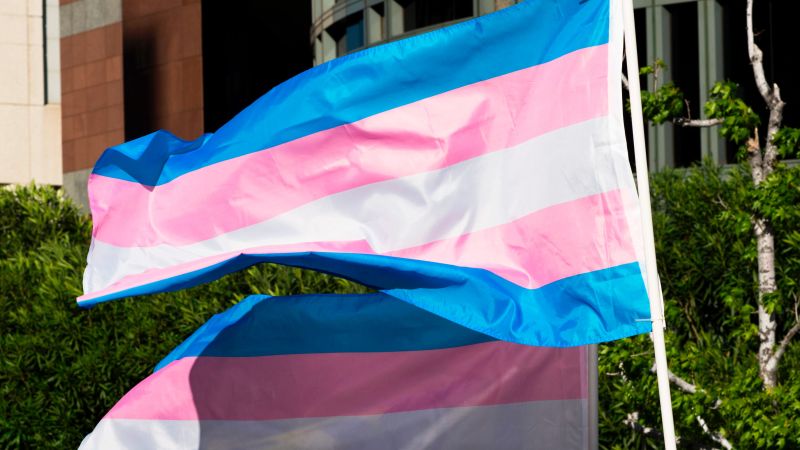The White House has responded to criticism from Republican lawmakers over President Joe Biden’s proclamation declaring Easter Sunday as the Transgender Day of Visibility. The criticism stemmed from the confluence of the two events on the same day this year, though it was purely by chance. The Republican Party has expressed outrage over what they see as an attempt by the Biden administration to prioritize the transgender community over traditional religious observances. However, the White House has defended the proclamation, stating that it was intended to recognize and celebrate the transgender community’s resilience and achievements.
The decision to proclaim Easter Sunday as the Transgender Day of Visibility was not without controversy, as Republican lawmakers condemned President Biden for seemingly placing a greater emphasis on the transgender community over traditional religious observances. The criticism from the GOP prompted the White House to respond, clarifying that the proclamation was meant to honor the accomplishments and resilience of the transgender community. Despite the backlash, the Biden administration stood by its decision and highlighted the importance of recognizing and supporting marginalized communities, including the transgender community.
While the timing of the proclamation may have raised eyebrows among conservative critics, the White House emphasized that President Biden remains committed to fostering a more inclusive and equitable society. The administration’s support for the transgender community aligns with Biden’s broader agenda of promoting diversity and equality for all Americans. Despite the controversy surrounding the proclamation, the White House’s response signals a continued commitment to advancing LGBTQ rights and advocating for greater acceptance and understanding of diverse identities.
The debate over President Biden’s proclamation reflects broader divisions within American society over issues of religion, identity, and social justice. Critics argue that the Biden administration’s decision to declare Easter Sunday as the Transgender Day of Visibility undermines the significance of religious traditions and values. On the other hand, supporters see the proclamation as a symbolic gesture of solidarity with the transgender community and a reaffirmation of the administration’s commitment to promoting inclusivity and diversity. The controversy highlights the ongoing cultural and political clashes in the United States over issues of identity and representation.
As the debate continues to unfold, it is clear that the Biden administration’s support for the transgender community remains a point of contention among conservative critics. The White House’s response to the GOP’s criticism underscores the administration’s commitment to upholding the rights and dignity of all Americans, including those in marginalized communities. While the timing of the proclamation may have sparked controversy, the broader message of inclusivity and respect for diverse identities remains a central theme of the Biden administration’s agenda. Moving forward, the debate over the Transgender Day of Visibility proclamation serves as a reminder of the ongoing struggles for equality and acceptance in American society.
In conclusion, the White House’s response to GOP criticism over President Biden’s proclamation declaring Easter Sunday as the Transgender Day of Visibility highlights the broader cultural and political challenges facing the United States. The controversy underscores the deep divides within American society over issues of religion, identity, and social justice. Despite the backlash from conservative lawmakers, the Biden administration remains committed to advancing the rights and dignity of marginalized communities, including the transgender community. The debate over the proclamation serves as a reminder of the ongoing struggles for equality and acceptance in American society, and the importance of recognizing and supporting diverse identities.


